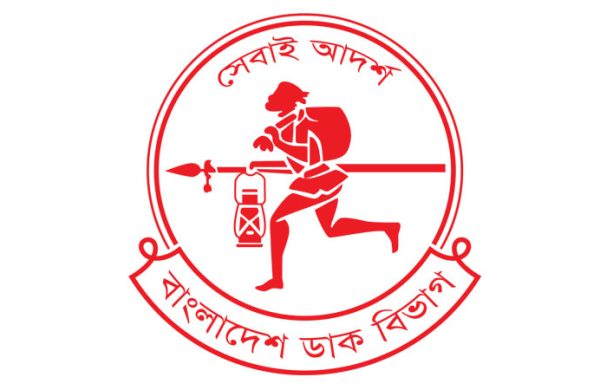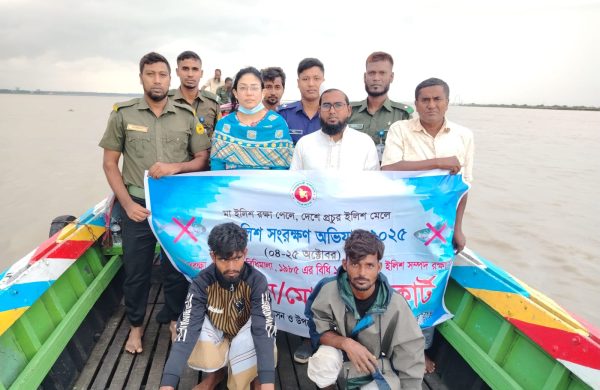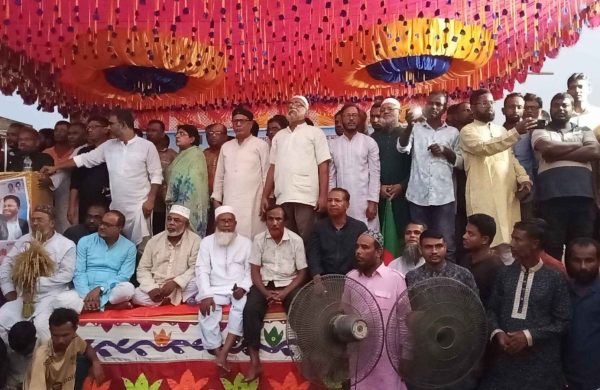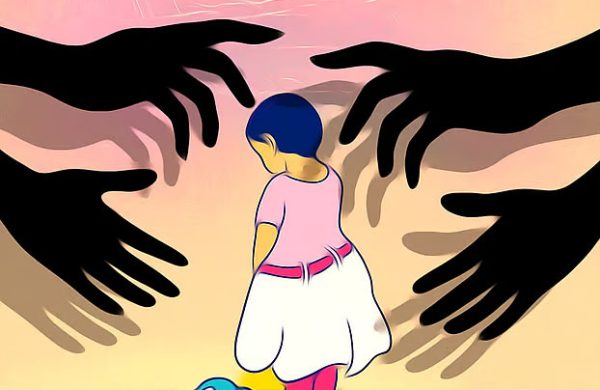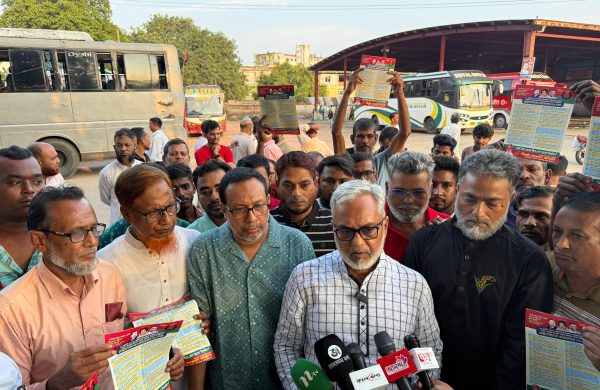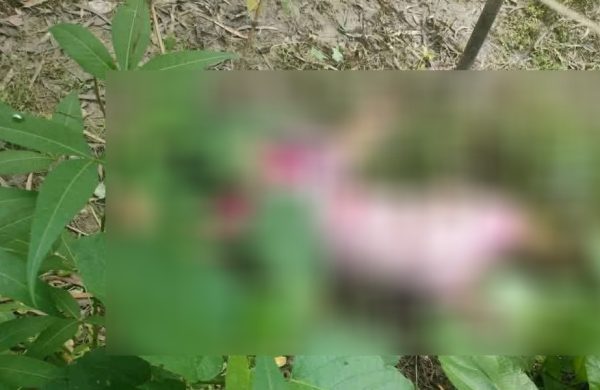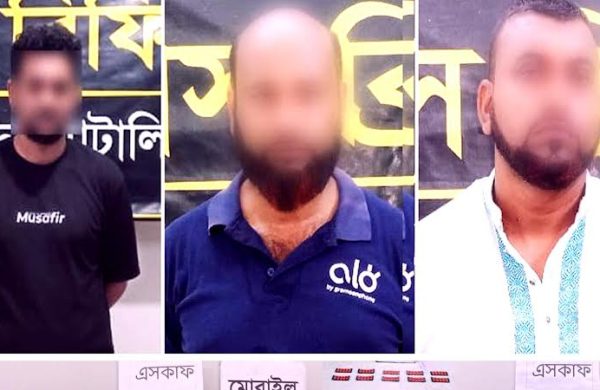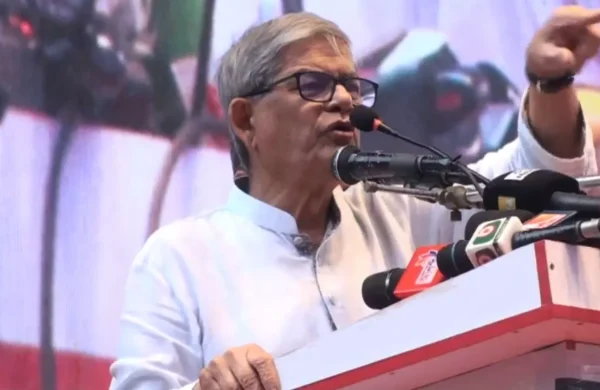RAB remains largely inactive despite having 12,000 personnel
- Update Time : Saturday, October 11, 2025
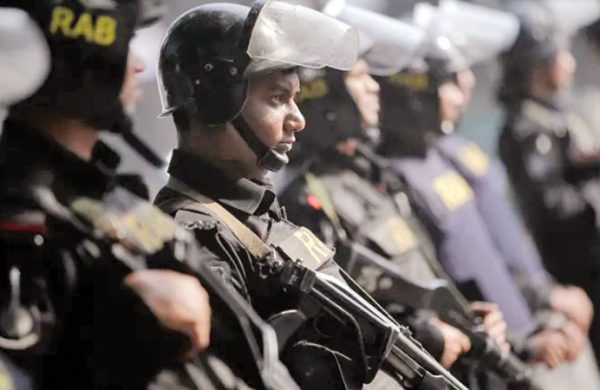
TDS Desk:
The Rapid Action Battalion (RAB) is a specialized unit of the police. A few years ago, the United States imposed sanctions on this force and seven of its officers for human rights violations. Along with these sanctions, allegations arose that this specialized force fired on protesting students and the public during the July 2024 uprising. Recently, in a case at the International Crimes Tribunal (ICT) concerning crimes against humanity through enforced disappearances during the rule of the now ousted Sheikh Hasina government, several former RAB officers have faced charges and arrest warrants. Experts note that since August 5, 2025, the operations of this 12,000-member force have effectively been dormant. In this context, questions are now emerging in various quarters regarding how RAB might be utilized for law enforcement in the upcoming national parliamentary elections in February 2026.
Back in 2004, the then BNP-led coalition government began the process of forming a specialized police unit. The elite force, RAB, made its public debut on March 26 of that year by participating in the Independence Day parade. It later gained attention through counterterrorism operations in the northern regions and anti-extremist operations in the southern regions of Bangladesh. Between 2009 and 2024, various human rights organizations have accused RAB of extrajudicial killings and enforced disappearances under the Awami League government.
Recently, formal charges have been filed against 17 individuals in an enforced disappearance case at the ICT. Many of the accused previously served in RAB. In addition to the ousted Prime Minister Sheikh Hasina, other defendants include Sheikh Hasina’s former Security Adviser Major General (Retd.) Tarique Ahmed Siddique, former Home Minister Asaduzzaman Khan Kamal, former Inspector General of Police Benazir Ahmed (former RAB Director General), former RAB Director General M Khurshid Hossain, former Director General Barrister Md Harun-Ar-Rashid, former Additional Director General Colonel Anwar Latif Khan, former Additional Director General Brigadier General Md Jahangir Alam, former Additional Director General Brigadier General Tofail Mostafa Sarwar, former Additional Director General Colonel KM Azad, former Additional Director General Brigadier General Md Kamrul Hassan, former Additional Director General Brigadier General Md Mahbub Alam, former Additional Director General Colonel Abdullah Al Momen, former Director Lieutenant Colonel Md Sarwar bin Kashem, former Director Lieutenant Colonel (Ret.) Muhammad Khairul Islam, former Director Lieutenant Colonel Md Moshiur Rahman Jewel, and former Director Lieutenant Colonel Saiful Islam Sumon.
Earlier, on December 10, 2021, the International Human Rights Day, the U.S. Treasury Department and State Department imposed sanctions on RAB and six of its officers. All six officials under the U.S. sanctions were former or then-serving RAB director generals or additional director generals. They included then-RAB Director General Chowdhury Abdullah Al-Mamun, former Director General Benazir Ahmed, and former Additional Director Generals (Operations) Khan Mohammad Azad, Tofail Mostafa Sarwar, Md Jahangir Alam, and Md Anwar Latif Khan. Previously, in May 2018, the U.S. had also imposed sanctions on former RAB Commander Miftah Uddin Ahmed over the extrajudicial killing of Teknaf municipal councilor Ekramul Haque in Cox’s Bazar.
RAB’s operations include internal security duties; recovering illegal weapons, ammunition, explosives, and similar items; and arresting armed terrorists. The force also supports other agencies in law enforcement, gathers intelligence on terrorism and terrorists, investigates any government-directed crimes, and carries out any national duties assigned by the government. Additionally, RAB is responsible for monitoring and controlling top underworld terrorists and their activities.
Experts note that although RAB is a specialized police force, its specialized effectiveness has diminished over time. During the final years of the ousted Awami League government, their role in top-level counterterrorism operations and the recovery of illegal arms and drugs was not particularly visible. Following August 5, 2025, as the country’s law and order situation deteriorated, RAB’s inactivity became evident. Despite a series of mobs, killings, and extortion incidents across Dhaka and the country, the force was not seen playing an effective role on the ground. In this context, questions have emerged regarding how the Interim Government might deploy RAB in the upcoming national parliamentary elections.
Nur Khan Liton, a member of the enforced disappearance investigation commission and a human rights activist, believes RAB should be maintained solely as a specialized police unit. Speaking to journalists, he said, “Most of the military officers against whom the International Crimes Tribunal has filed cases and issued arrest warrants have worked in RAB and DGFI. In the past, RAB has been involved in enforced disappearances and killings to such an extent that there is no trust left in them. Over the past year, we have seen some changes in RAB. We feel that without sending any personnel from the military, RAB can be utilized effectively as a police unit because the police work directly with the public.”
Dr. Tawohidul Haque, associate professor at the Institute of Social Welfare and Research at the University of Dhaka (DU) and a social and crime specialist, sees a significant opportunity to reform RAB into a professional force and use it to maintain law and order. He told journalists, “During the previous government, RAB was used for various political purposes. At the same time, they have done some good work. Their assistance during different national crises deserves appreciation. So, RAB has both positive and negative roles. Now, if the state wants to keep RAB inactive based only on its negative role or the International Tribunal’s arrest warrants against some former officers that can be done. But considering RAB’s capabilities, they can be used as a professional force to address the current law and order situation, which could show good results.”
Dr. Haque added, “It is also true that those who committed crimes for personal gains while in RAB should face appropriate action. From the controversies and allegations of extrajudicial activities linked to RAB, there is an opportunity to remove the force from these issues and deploy them in maintaining law and order.”
Attempts to reach Wing Commander MZM Intekhab Chowdhury, director of RAB’s Legal and Media Wing, for comment on whether U.S. sanctions on several former members, the International Crimes Tribunal’s enforced disappearance cases, and arrest warrants have negatively affected RAB’s regular operations or created any overall inactivity were unsuccessful at the time of filing this report.



